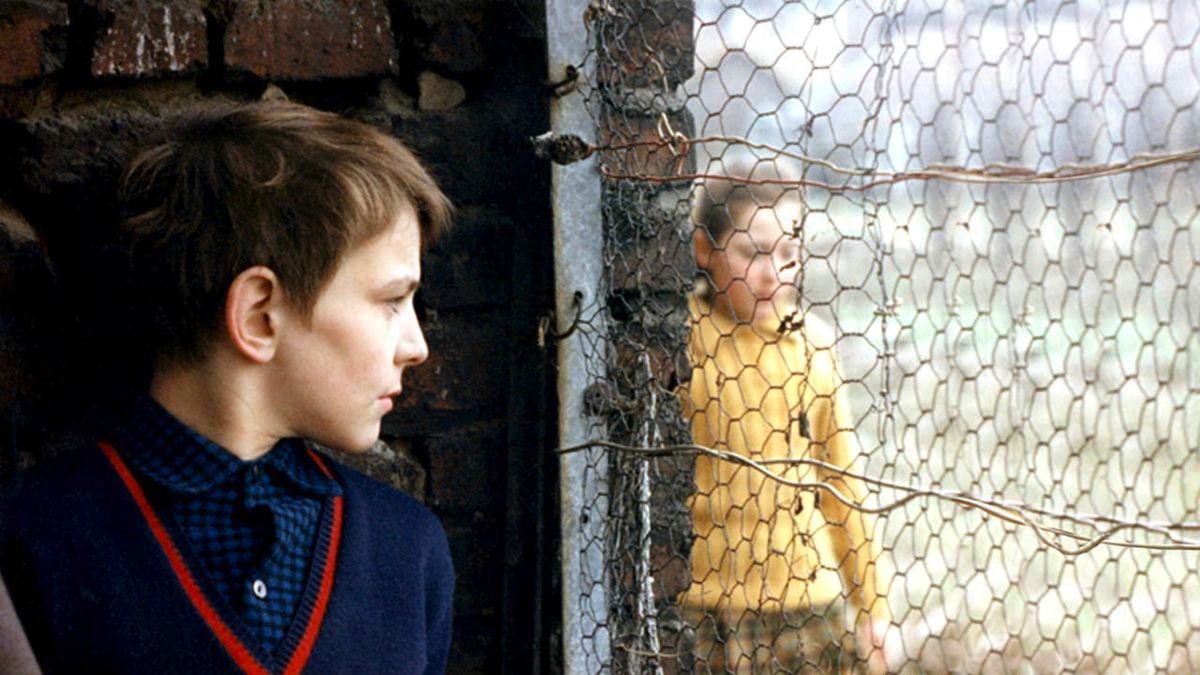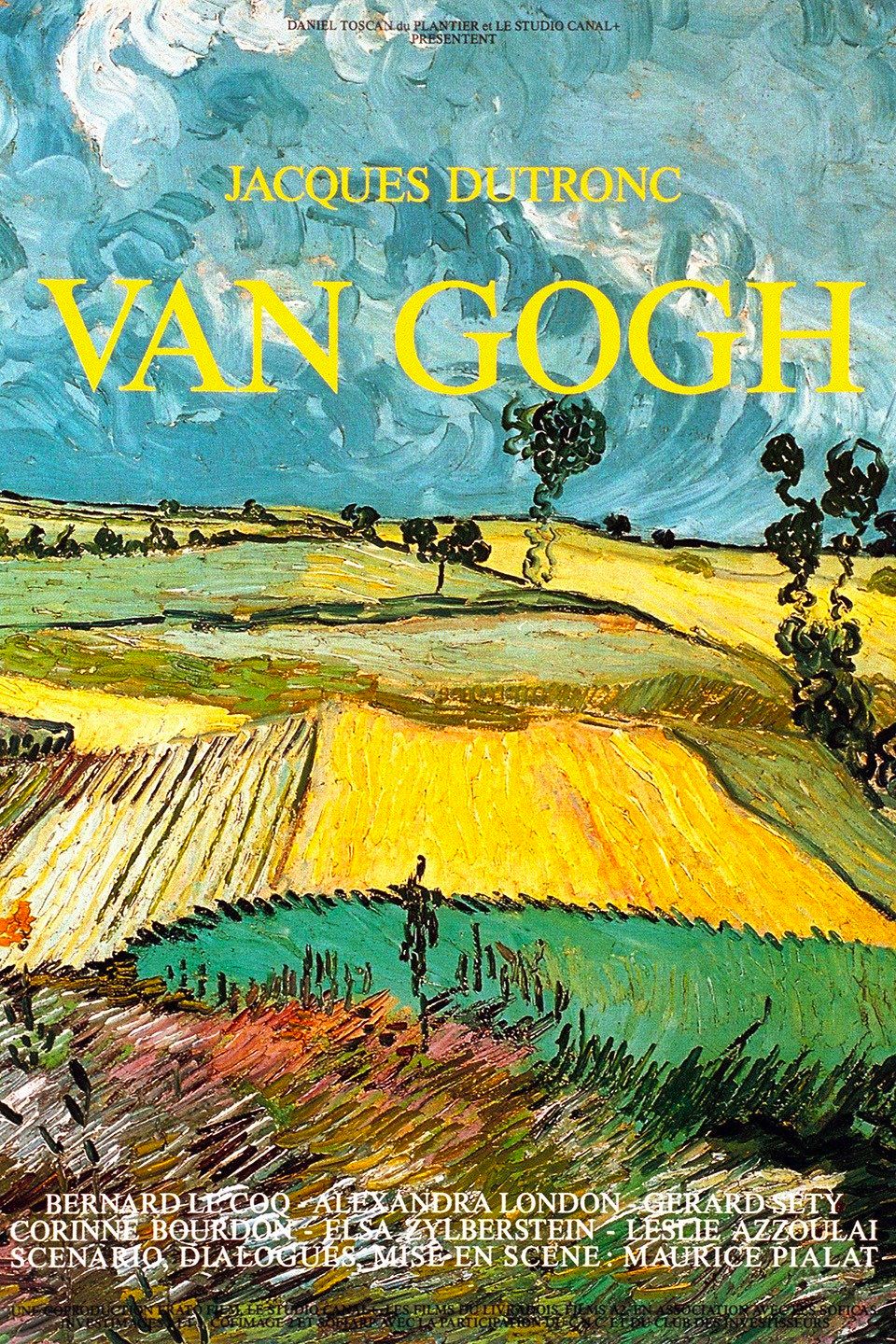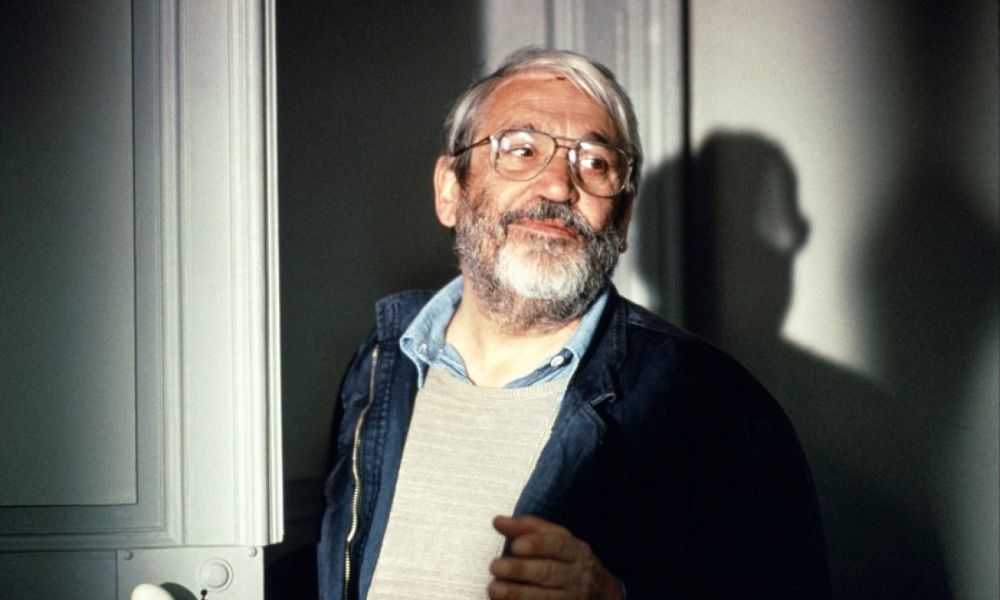"If Pialat’s films, in their bleak examination of some of the least palatable aspects of contemporary French society and personal emotions, make for difficult viewing, their reward lies in an emotional and documentary power rare in French cinema today." - Ginette Vincendeau (International Dictionary of Films and Filmmakers, 2000)
Maurice Pialat
Director / Screenwriter / Actor
(1925-2003) Born August 31, Cunlhat, Puy-de-Dôme, France
Top 250 Directors
(1925-2003) Born August 31, Cunlhat, Puy-de-Dôme, France
Top 250 Directors
Key Production Country: France
Key Genres: Drama, Psychological Drama, Short Film, Social Problem Film, Documentary, Coming-of-Age, Urban Drama, Romantic Drama, Rural Drama
Key Collaborators: Arlette Langmann (Editor/Screenwriter), Yann Dedet (Editor), Gérard Depardieu (Leading Actor), Sandrine Bonnaire (Leading Actress), Sylvie Pialat (Screenwriter), Jacques Loiseleux (Cinematographer), Pierre-William Glenn (Cinematographer), Willy Kurant (Cinematographer), Luciano Tovoli (Cinematographer), Sophie Coussein (Editor), Martine Giordano (Editor), Jacqueline Dufranne (Leading Character Actress)
Key Genres: Drama, Psychological Drama, Short Film, Social Problem Film, Documentary, Coming-of-Age, Urban Drama, Romantic Drama, Rural Drama
Key Collaborators: Arlette Langmann (Editor/Screenwriter), Yann Dedet (Editor), Gérard Depardieu (Leading Actor), Sandrine Bonnaire (Leading Actress), Sylvie Pialat (Screenwriter), Jacques Loiseleux (Cinematographer), Pierre-William Glenn (Cinematographer), Willy Kurant (Cinematographer), Luciano Tovoli (Cinematographer), Sophie Coussein (Editor), Martine Giordano (Editor), Jacqueline Dufranne (Leading Character Actress)
"Working within the naturalistic tradition and using an unobtrusive camera and discreet editing, he studies the everyday existence of ordinary people, generally at a moment of crisis." - Ronald Bergan (A-Z of Movie Directors, 1983)
"Maurice Pialat has evoked comparison with Ermanno Olmi and Miloš Forman as a director whose films are anchored in the particular realities of the everyday. But where Olmi can be sentimental and Forman puckishly ironic, Pialat is discreet and restrained: he gets in close to his characters and situations but remains detached, so that what emerges often seems uncomfortably close to the audience’s own experience. His style, at once intensely personal and self-effacing, is pointilliste (he was a painter before he turned, at a relatively late age, to full-time film-making), accumulating nuances of behaviour which may be separately insignificant but which together spell emotional crisis." - David Wilson (Cinema: A Critical Dictionary, 1980)

L'Enfance nue (1968)
"The French critic Jean Narboni once wrote of Pialat’s performance—as the policeman—in Que La Bête Meure (69, Claude Chabrol), that it was: “Massive, abrupt and incredibly gentle.” The description applies to Pialat’s work as a director just as it seems to fit the very controversial filmmaker in person. He can be confrontational and arrogant; he is renowned as a difficult, demanding director; yet there is a delicacy and a compassion to his work that evokes the French naturalist tradition of Renoir… His essential subjects are childhood and family, stability and the urge toward risk and adventure. He has often worked with nonprofessional actors, and he can show us a rougher, more naked texture in established actors we believe we know.” - David Thomson (The New Biographical Dictionary of Film, 2010)
"Pialat’s hostility to the New Wave deals a paradoxical twist to filmmakers inspired by him: he was the anti-cinephile par excellence, openly hostile to the New Wave’s studious devotions. Pialat created a deliberately non-nerd cinema. Young filmmakers taking Pialat as an influence are following him down a path that they should discover for themselves. His body of work is a cinema of experience—not of Hemingwayesque adventure but of immediate emotion and irrepressible impulse, of the vital force of the moment. Despite Pialat’s creation of an aesthetic specific to those emotions, he actually has far more artistic admirers than actual successors (Catherine Breillat, who co-wrote Pialat’s 1986 drama Police, is one). This lack of successors is a result of the specifics of his vision.” - Richard Brody (The New Yorker, 2015)
"In his early films, the attentive, lingering gaze was unemphatically tender and compassionate, but as his career has progressed, the constant resort to pessimistic endings has led some to suspect an element of misanthropy at work - certainly, little humour or warmth is displayed on screen, so that the films may make for chastening, even depressing viewing. That said, Pialat is masterful with actors, so that even at its bleakest, his work is characterised by a sense of living, breathing humans simply trying to survive life’s disappointments and hardships." - Geoff Andrew (The Director's Vision, 1999)
"Hardly the most celebrated of the French filmmakers to emerge in the 1960s, the difficult, volatile, uncompromising Maurice Pialat has cast a long shadow. Comparisons with John Cassavetes are appropriate. Pialat’s crucial influence on post-nouvelle vague French cinema - on Cyril Collard, Catherine Breillat, Xavier Beauvois, Erik Zonca, Laurent Cantet and a whole slew of actors from Gérard Depardieu on down - has not been properly understood." - Richard Armstrong & Tom Charity (The Rough Guide to Film, 2007)
Selected Filmography
{{row.titlelong}}
Maurice Pialat / Fan Club
Filipe Furtado, Ira Sachs, Dan Sallitt, Michał Oleszczyk, Guillaume Brac, Sandra Kogut, Jean-Pierre Dardenne, Olivier Assayas, Will Noah, Alice Diop, David Jenkins, Michel Ciment.
Filipe Furtado, Ira Sachs, Dan Sallitt, Michał Oleszczyk, Guillaume Brac, Sandra Kogut, Jean-Pierre Dardenne, Olivier Assayas, Will Noah, Alice Diop, David Jenkins, Michel Ciment.
"Fan Club"
These film critics/filmmakers have, on multiple occasions, selected this director’s work within film ballots/lists that they have submitted.
These film critics/filmmakers have, on multiple occasions, selected this director’s work within film ballots/lists that they have submitted.


